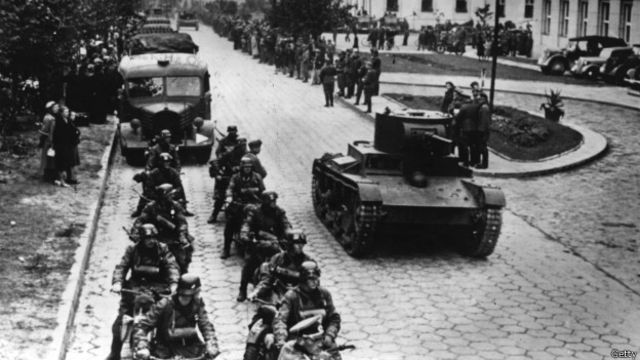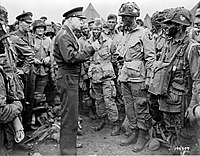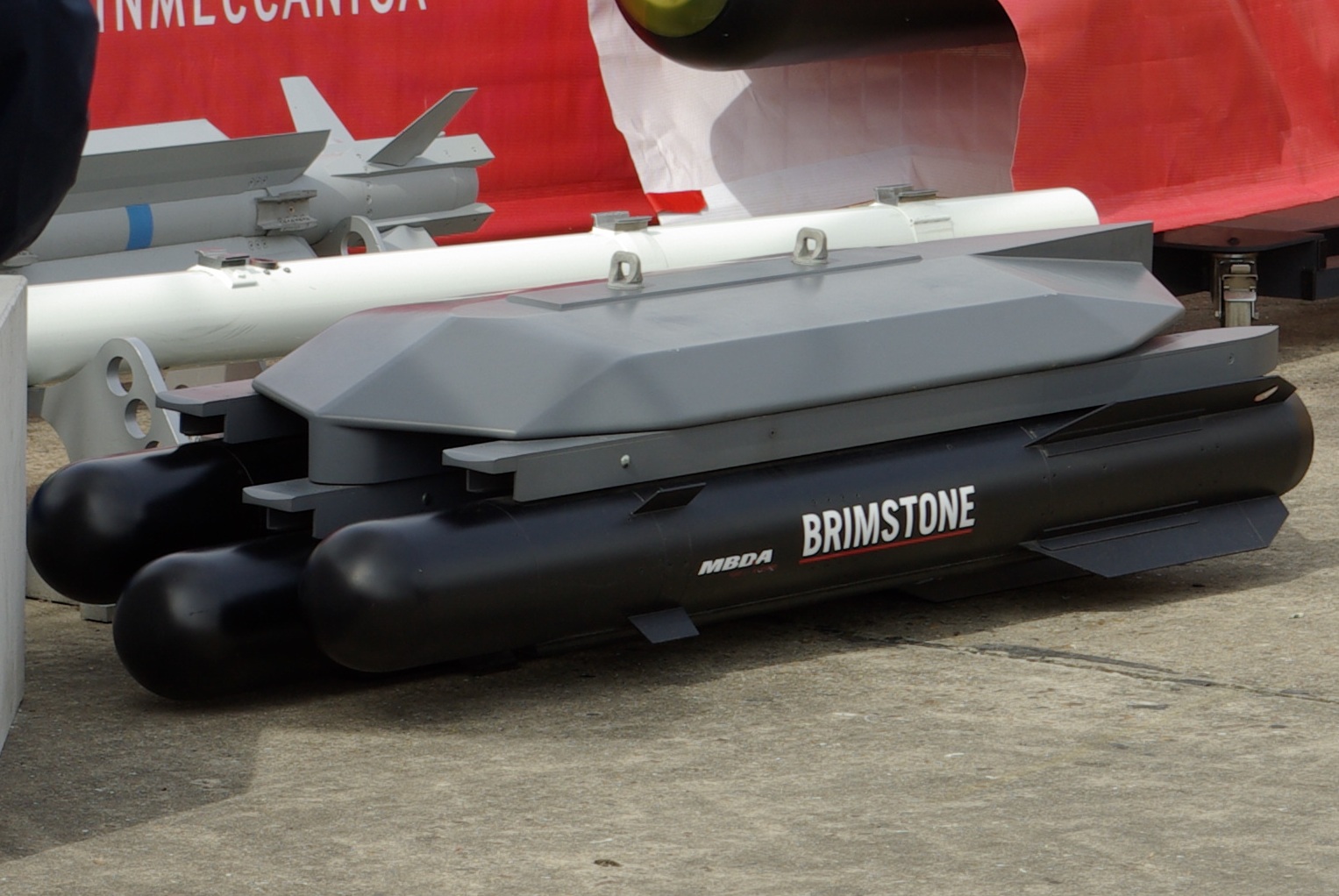
Polish affair during the Great War
General Eduard Smigly-Rydz introduces the army, which liberated Vilnius in April 1919, to the head of state, Józef Piłsudski.
In the autumn of 1918, the Great War was slowly coming to an end. This was recognized everywhere. The defeat of the Central Powers was already evident, the extent of their defeat was still unknown. It was also unknown how similar the post-war world would be to the world before 1914 and what would be Poland's place in it, if any.
In the second half of 1918, the German army on the Western Front was forced to retreat faster and faster, and the Balkan Front was falling apart like a house of cards. On September 30, Bulgaria was the first of the Central Powers to sign an armistice, prompting German generals to ask the United States to stop hostilities, presenting President Wilson's "14 Points" as the basis for the agreement.
The Regency Council of the Kingdom of Poland was one of the first to react to the news of the negotiations between Berlin and Washington. On October 7, she announced the creation of an independent state covering all Polish lands, with access to the sea, political and economic independence, and territorial inviolability. It was a clear condemnation of submission to the occupiers. Neither the Germans nor the Austrians reacted. Poland became free both formally and in fact.
However, so far Poland had the form of only the Kingdom of Poland, and even then it was limited to the territories of German occupation. At the end of the month, the Regency Council took steps to subjugate other Polish lands. She sent her representatives to Lublin, the capital of the Austrian occupation, equipped not only with powers of attorney, but also supported by the battalion of the Polish Army accompanying them. Representatives of the Regency Council also reached Lviv and Krakow, but these missions were less successful.
In October 1918, the Regency Council acted completely independently. She announced elections to the Sejm, a new government was formed - on October 23, Jozef Svezhinsky became its prime minister. The Germans did not react at all. They did not respond to military reforms either: the introduction of a new oath company, the announcement of recruitment born in 1897, the recruitment of veterans of the Polish corps in the east and legionnaires. In less than a month - before being called up for military service - the state of the Polish Army doubled: on November 2, 477 officers, 1007 non-commissioned officers and 9232 soldiers served in it. On October 28, even the temporary commander-in-chief of the Polish Army, General Tadeusz Rozvadovsky, was appointed.
Meanwhile, the nominal head of the Polish armed forces - and the governor-general of the German occupation, General Hans von Beseler - remained passive. He agreed with most of the Polish postulates, gradually limiting his powers to the head of the German occupation forces. About 80 Germans lived in the Kingdom of Poland - most of them were officials and members of their families. Almost half of them remained in Warsaw. The German soldiers knew that the war was coming to an end and wanted to return home. General Beseler knew this very well and understood that they would not agree to pacify the Poles by force. However, German soldiers could become aggressive and violent if they felt that the Poles were a threat to their security.
The situation was somewhat different during the partition of Austria. In mid-October, the Duchy of Cieszyn announced its readiness to become part of Poland, and Polish MPs in Vienna said they felt like citizens of Poland, not Austria. On October 28, the Polish Liquidation Commission was created in Krakow, which was supposed not so much to govern the former Galicia, but to liquidate its Austrian administration - that is, to assume duties, seals and keys to the safe. The Habsburg monarchy began to crumble, and at the end of the month almost all of its peoples declared independence. The military aspect of this collapse proved fatal: the Austro-Hungarian army ceased to exist and dispersed to homes, often far away. At the end of the month, groups of demobilized soldiers of various nationalities roamed the Lublin Voivodeship, Kielce Voivodeship and Lesser Poland, making it difficult to tell from their behavior whether they were lost shipwrecked on their way to family homes or aggressive bandits robbing and raping the defenseless.
Poland faced complete chaos. Not only marauders in Austrian uniforms were dangerous, but also domestic revolutionaries. The end of the war also marked the end of the old social system. Among the Polish workers and peasants there were those who decided to hasten this end and arbitrarily administer justice to the factory owners and landlords. There were, fortunately, few robberies and murders. Finally, another danger came from common criminals who sensed a chance to plunder abandoned military depots and private property. The criminals were all the more dangerous because they were armed with weapons that were massively thrown or sold by Austrian and German soldiers. In addition, weapons were widely available - they were possessed not only by marauders, not only by criminals, not only by revolutionaries, but also by ordinary citizens who feared for their safety. Things could only get worse in the weeks that followed: a million demobilized German soldiers had to come from the east to return home, followed by the Russian Bolsheviks. This fear of ordinary people - looters, revolutionaries, criminals, Bolsheviks - was an important factor in the political life of Poland at the end of 1918.

